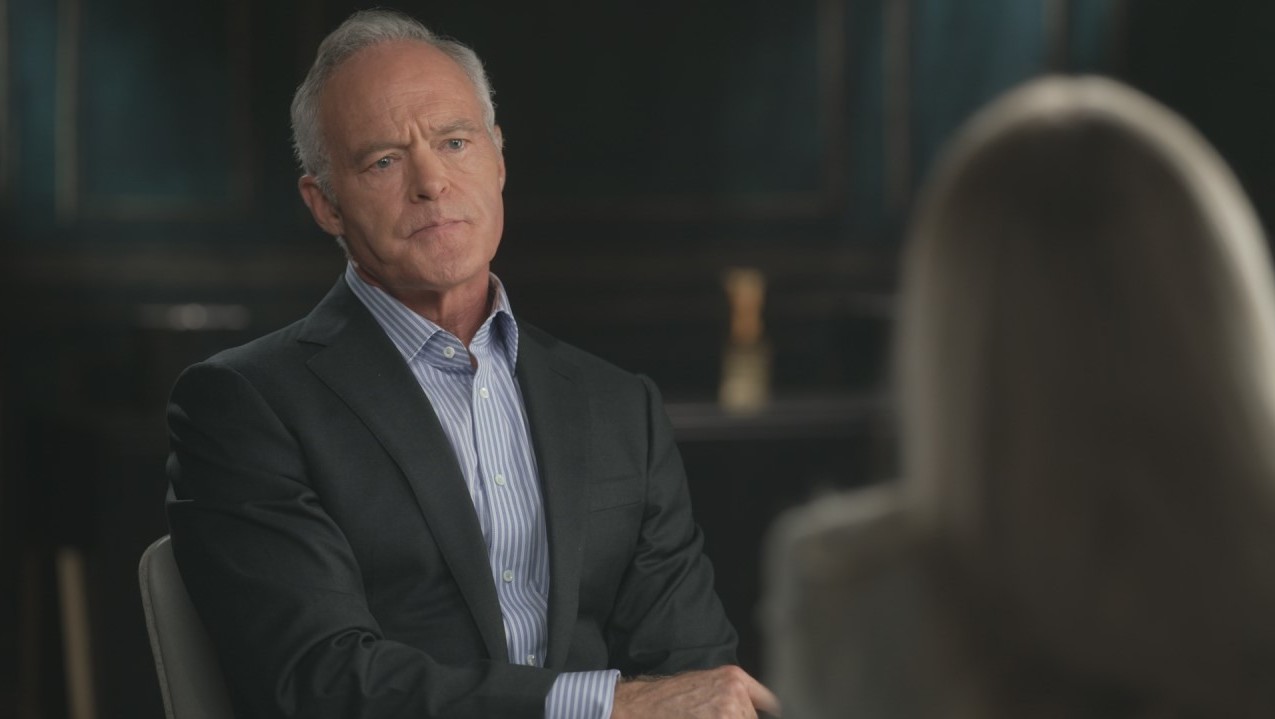Maintaining accountability and transparency in business is vital to fostering stakeholder trust and preventing misconduct. Uncovering wrongdoing inside organizations can be difficult, and it often takes courageous individuals to blow the whistle. Whistleblowers often play an important role in exposing illegal practices but are also subject to legal and political obstacles. The role of whistleblower lawyers is to advocate for change while driving corporate transparency.
The Role of Whistleblower Attorneys
Whistleblowers are lawyers representing people who report wrongdoing or illegal activities in their organizations. These lawyers serve several functions, from providing legal protection and advice to whistleblowers to advocating corporate reform and accountability.
Whistleblower Lawyers have one of the most important functions: to guide whistleblowers on the complex legal path of reporting wrongdoing and seeking protection from retaliation. They help whistleblowers navigate complex legal procedures and understand their rights as whistleblowers under whistleblower protection legislation.
In addition, whistleblowers’ lawyers are tireless in their efforts to shield whistleblowers and protect them against retaliation. These lawyers can negotiate settlements, pursue damages due to retaliation, or advocate for stronger whistleblower laws.
Driving Transparency in Corporate Life
Lawyers who act as whistleblowers can play a key role in increasing corporate transparency. They expose and uncover wrongdoings that would otherwise be hidden. By representing whistleblowers, these lawyers can shed light on corporate malpractice, corruption, fraud, and other unethical acts.
Exposing these types of misconduct not only makes the perpetrators accountable but also helps to create organizational change. This exposes misconduct and encourages companies and organizations to strengthen compliance measures, review internal controls, and prioritize ethical conduct.
Lawyers who act as whistleblowers work closely with the government, regulatory agencies, and law enforcement authorities to investigate, prosecute, and expose corporate wrongdoing. Their efforts contribute to the enforcement of laws, regulations, and other measures designed to protect and maintain public interest.
Legal Protections
Lawyers who represent whistleblowers face significant challenges despite the crucial role they perform. Whistleblowers might face retaliation, such as termination, a demotion, harassment, or a blacklist, due to their disclosures. This retaliation may result in severe consequences for the whistleblower and their career.
Whistleblowers need legal support from lawyers who can provide them with protection. These attorneys can assist their clients in seeking reinstatement, back pay, compensatory damages, and injunctive relief, among other legal remedies.
Furthermore, whistleblower laws provide legal protections and compensation to those who report fraud. Whistleblower lawyers use these laws to advocate for their client’s rights and hold those who engage in illegal conduct or retaliation accountable.
Conclusion
Whistleblower Lawyers are indispensable in the fight for corporate transparency. Their dedication to representing whistleblowers who expose corporate misconduct and uncover wrongdoing helps uncover wrongdoing. It also holds those responsible accountable and drives systemic reforms.
By combining their legal skills, advocacy work, and commitment to justice, whistleblower attorneys enable whistleblowers to speak out against injustices despite adversity. Their work protects whistleblowers while promoting a culture of accountability, integrity, and ethics in the corporate sector.
Click here to contact reputable legal groups specializing in whistleblower representation and advocacy. We will work towards a transparent, responsible, and ethical corporate landscape.

